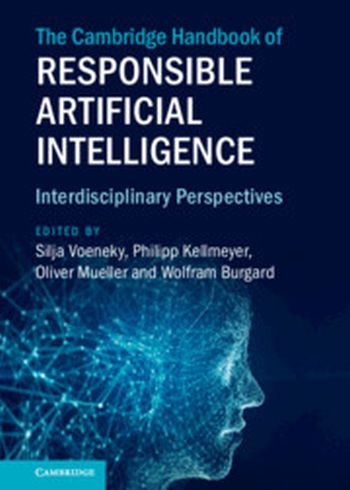
In the past decade, artificial intelligence (AI) has become a disruptive force around the world, offering enormous potential for innovation but also creating hazards and risks for individuals and the societies in which they live. This volume addresses the most pressing philosophical, ethical, legal, and societal challenges posed by AI. Contributors from different disciplines and sectors explore the foundational and normative aspects of responsible AI and provide a basis for a transdisciplinary approach to responsible AI. This work, which is designed to foster future discussions to develop proportional approaches to AI governance, will enable scholars, scientists, and other actors to identify normative frameworks for AI to allow societies, states, and the international community to unlock the potential for responsible innovation in this critical field.